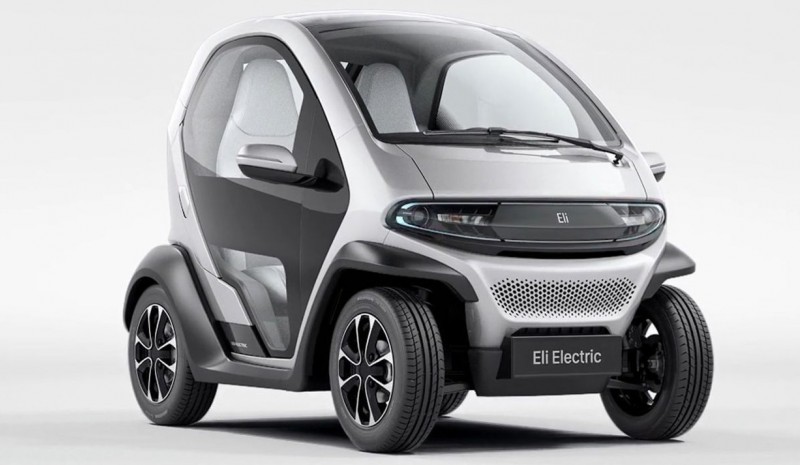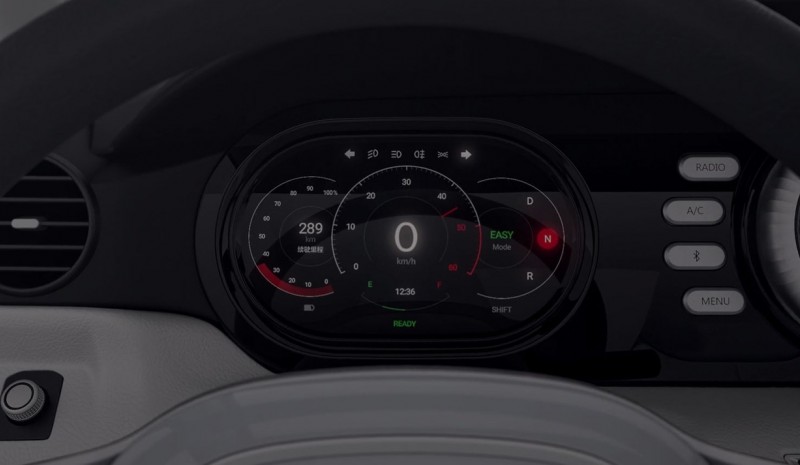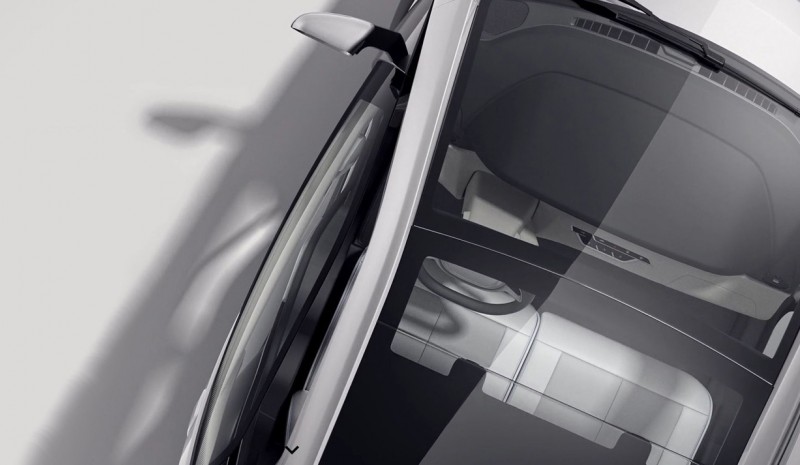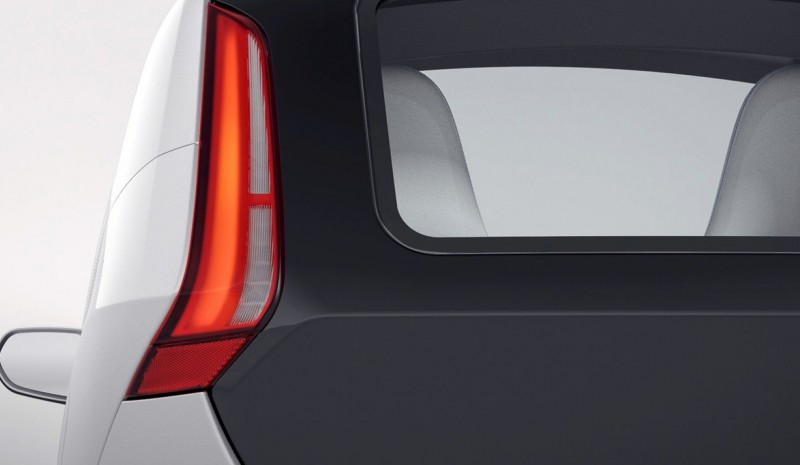Eli Zero: modern or copy of the Renault Twizy reinterpretation?
The start-up Eli has launched an electric car concept called Zero, much like the Renault Twizy, but it seems to improve on the weaknesses of the French model. It is presented at CES 2017 Las Vegas.
He Eli Zero is a car electric propulsion the ‘start-up’ Eli presented in CES technology fair in Las Vegas in this edition of 2017. This concept car reminds us pleasantly to Renault Twizy, the French firm launched in 2012 and has not been entirely successful. Still, let see some of these small electric cars on the streets of big cities like Madrid and Barcelona.
Perhaps its simplicity, what should be his strong point, he turned against them and became a disadvantage. He is talking about a vehicle versions of between 9 and 17 hp and homologated 100 kilometers autonomy, although the reality is that it is not easy to use the 80 kilometers on a full charge, less if we go to a greater than 50 km / h speed (is limited to 85 km / h).
At Eli Zero are very similar forms in the front (although somewhat futuristic) and its profile, although available seats 1 + 1 (One after another) of passengers Renault Twizy, It gives way to a conventional tandem configuration in Eli Zero (next to each other). In addition, unlike the French model, Eli has normal windows and doors, which perfectly enclose the interior of the car. That ye tried a Twizy, you know that does not carry serial windows and even placing sell you optional circular midwinter supposed to be going well sheltered. Actually, it’s almost like going on a moped, unless you count a little more protection, but no air conditioning or heating, nor radio or some of the systems ‘ABS’ or ‘ESP’ we do find in a conventional car.
In fact, Eli Zero It stands as something in between the Renault Twizy and Smart ForTwo, but we must wait for official information (the press release did not explain anything mechanical or its benefits) to know what level might be with respect to competition.
Striking a dashboard in which we can see a reading of 289 km of autonomy with 40 percent of the battery charge, which could take over the 600 km of autonomy with fully charged batteries, resulting excessive and implausible for what’s on the market. The size of the car does not seem to be able to accommodate such large batteries and weight would also be a problem.
At this point, we can do little more than wait to see what surprise us in terms of performance Eli Zero, if the ‘start-up’ at some point decides to go ahead with the project and reveal more details.




